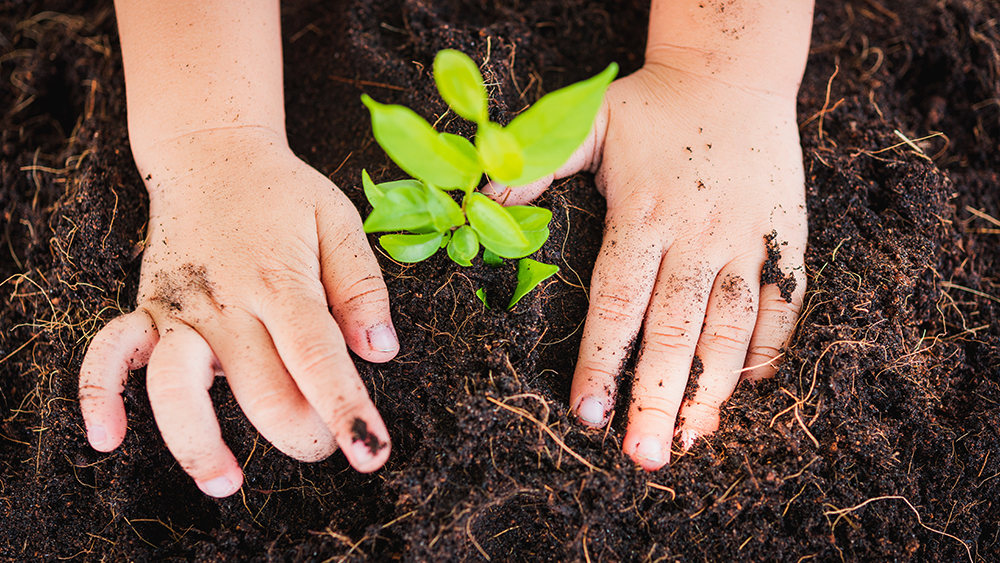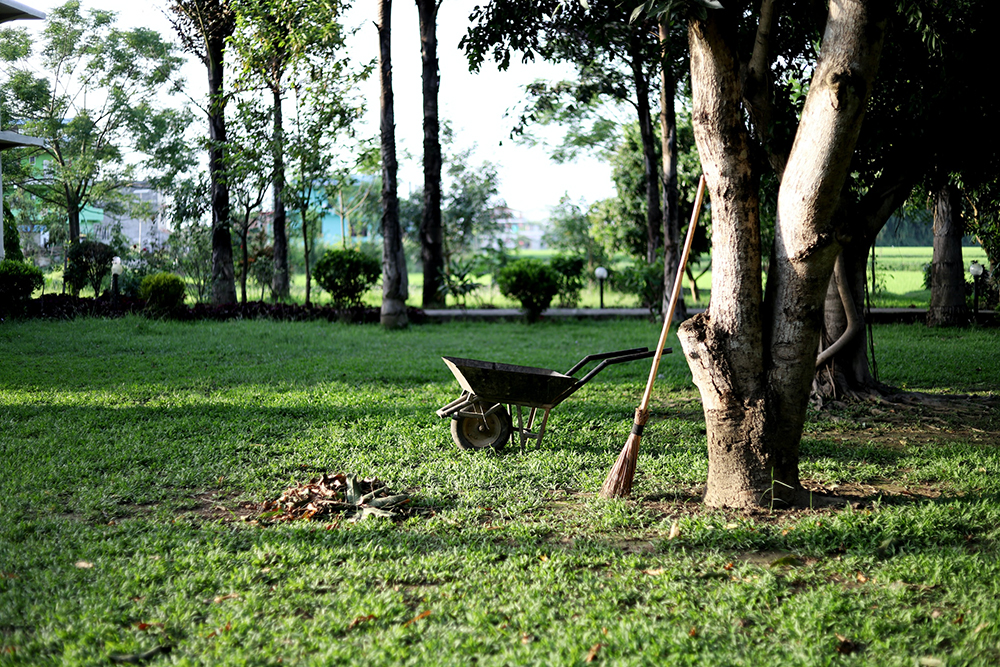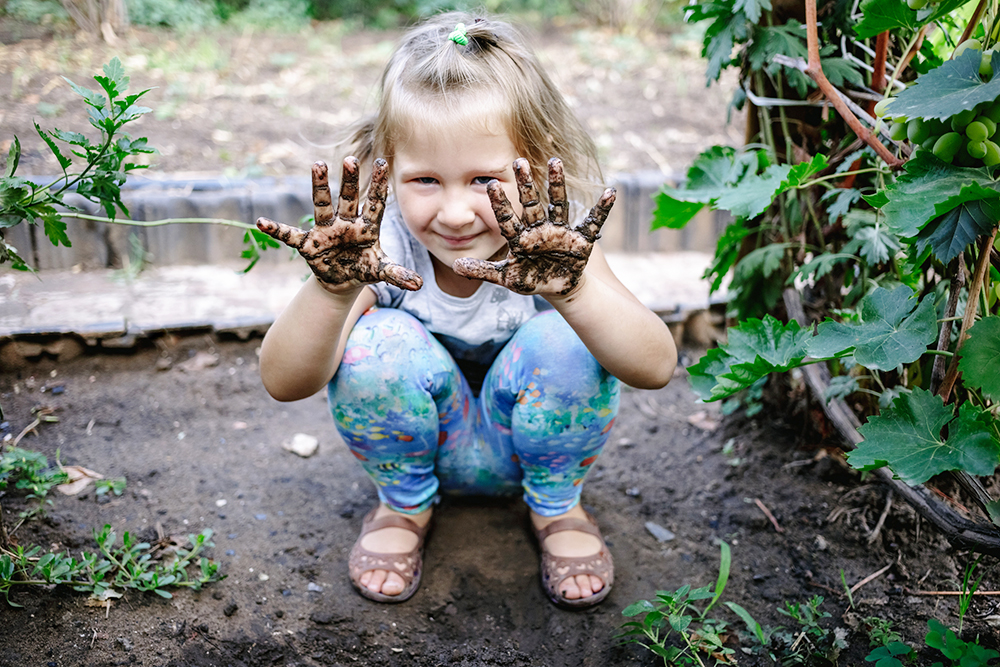Recent Posts
- Home
- Elevate Blog
- Nurturing Mind and Soil
Nurturing Mind and Soil
Posted on

“The weight of history is on our shoulders, but this moment is alive with possibility.”
- Ayana Elizabeth Johnson,
All We Can Save: Truth, Courage, and Solutions for the Climate Crisis
We all have different experiences of nature, and different reasons for wanting to connect with it.
Time in nature can help reduce stress - lowering blood pressure and stress hormone levels. Studies have found that people who spent two hours a week in green spaces were considerably more likely to report good health and psychological well-being than those who did not. These positive effects from spending time in nature were reported across different occupations, ethnicities, and economic backgrounds.
People with chronic illness and disabilities also report benefits from time spent in nature. Nature is a multi-sensory experience that includes not only the sights, but also the smells, sounds, and feel. Access to outdoor and green spaces is important for all.
"To face climate change, we need every person ready to protect the places they hold dear. We know that climate change will more significantly affect people with disabilities and that environmental pollution is disabling people who live in proximity to it. There’s also evidence that spending time outdoors brings significant health benefits for everyone, so outdoor recreation must be safe and accessible in every community."
- Aj Williams,
Chronic illness doesn’t stop me from enjoying the outdoors. Ableism does.

Does Soil Make You Happy?
An estimated 95% of our food comes from the soil. Soil also contributes to the quality of the air we breathe and the water we drink - soil health and public health are intrinsically linked, that includes mental health.
Gardening and working with soil have positive effects on overall mental health, from anxiety and stress reduction to increased creativity and happiness. Planting a seed, caring for it while it grows, and eventually harvesting what it produces, can build self esteem and give a sense of accomplishment.
Even the contents of the soil itself may influence mental health. Scientists are exploring links between the soil and human microbiomes. Dr Christopher A. Lowry has been conducting studies on the impact of mycobacterium vaccae (a bacteria found in soil) on the human brain for over two decades. This microbe can enter the body through water sources, or through eating plants (such as vegetables grown in your garden). In a 2016 study using mice, Dr Lowry found links between M. vaccae and serotonin production in the brain.
“There is a growing recognition that the microbiome can impact health in general and, more specifically, mental health”
- Dr. Jeffrey Borenstein,
Study linking beneficial bacteria to mental health makes top 10 list for brain research
A vibrant ecosystem of plants and microbes exists beneath our feet! There’s still plenty left to discover about the connection between soil microbes and human mental health but, even without M. vaccae, there's plenty to feel good about when you're working with the soil!

Ways Composting Can Benefit Mental Well-being
Composting benefits mental well-being in similar ways to gardening. Observing and working with the cycle of nature in action can help us feel more mindful, grounded, and connected to the environment.
Composting helps the environment by recycling organic input into compost that restores degraded soil. We can literally watch it happen by composting and applying compost! This type of individual action can help us feel good where we might otherwise feel overwhelmed in the face of a changing climate. Composting creates positive change on both a local and a global level.
Composting in a community supports local food production and food security. It creates and sustains local jobs, and strengthens the skills of the workforce. Community composting brings people together socially and fosters a strong sense of community. Neighbors work together to reduce waste, improve air quality, improve soil quality, and grow fresh produce. These social connections help lower stress, improve resilience and provide support. Composting builds communities!
Ready to get started?
Learn How to Compost
Happy Composting!

“In the spring, at the end of the day, you should smell like dirt.”
- Margaret Atwood
 Loading... Please wait...
Loading... Please wait...


